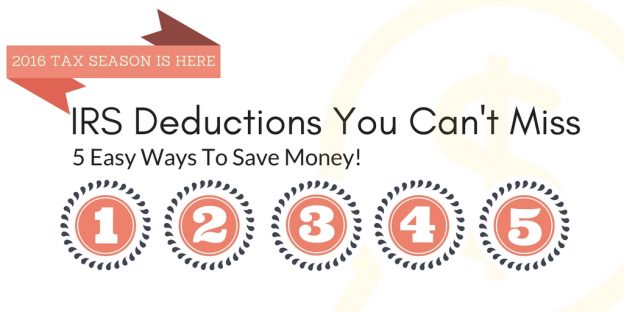
“Never spend your money before you have earned it.”
-Thomas Jefferson
You Can’t Retire Off Shoes and Handbags
Women are bombarded with ways to improve their lives. From talk shows and magazines to social media and best-selling books. The advice women get usually revolves around looking better, losing weight and being in style.
- We are told how to reduce calories, how to dress better, how to get a flatter stomach and longer eyelashes – but we are almost never told how to get financially independent.
For every article on saving money, there are 100 on how to curl your hair or apply eyeliner.
What’s Sexier: Money in the Bank or a Mountain of Credit Card Bills?
The thinking is that financial responsibility isn’t very sexy. Who wants to read an article about interest rates? But, what people don’t think about is that money is only sexy when you have it – borrowed money, like credit card debt is the opposite of attractive.
The goal is to be financially secure and independent.

Image from Better Decorating Bible
“I wanted to be an independent woman, a woman who could pay for her bills, a woman who could run her own life – and I became that woman.”
-Diane von Furstenberg
The lesson here is don’t let billboards and commercials convince you that you need one more kitchen gadget or body wash to feel good about yourself. Or that you need to borrow money to fake a lifestyle you can’t afford. Money in the bank is one of the best feelings in the world… just ask anyone who doesn’t have it.
Less Lipstick, More Benjamins
We wanted to add to the conversation about women owning their money – because it’s more important than losing 5 pounds. Don’t get distracted by all of the ads for miracle serums and the latest hair product; these are all designed to do one thing: separate you from your hard-earned money. Don’t be tricked!

For women to be financially independent, they have to be aware of slick advertising that preys on vulnerabilities. Instead of a drawer full of lipstick, you should having a savings account full of money!
Dodge the Debt Trap
Your goals should be to leap across those murky debt moats – the ones filled with high-interest loans, credit cards and second mortgages. Women should enjoy a comfortable lifestyle after they retire, not one riddled with bills and phone calls from collectors. The stuff you buy today is not worth the anxiety you will feel tomorrow.
Make Sure You Find a Reliable, Experienced Advisor
“Trust me—most investors who lose money due to bad or risky investments do not have the Securities and Exchange Commission (SEC) knocking on their door to help. There is no one holding a bouquet of roses waiting to give them a big rescue kiss and return their life savings in the form of a check.”
-Crystal Oculee, “Money Confidence”
After saving money, downsizing and creating a smart budget that works FOR you, not against you – it’s time to lock in a great financial advisor. Not an average advisor, a GREAT one. Don’t trust your savings to just anyone. Make sure you get an advisor who is certified and comes with top recommendations. And never be afraid to ask questions – it’s your money, you are 100% responsible for its well-being.
Now… are you ready to get wealthy?
FOUR HABITS – OF THE ULTRA RICH – THAT YOU CAN PRACTICE TODAY
1http://www.theatlantic.com/magazine/archive/2016/05/my-secret-shame/476415/
2http://www.theatlantic.com/magazine/archive/2016/05/my-secret-shame/476415/






















